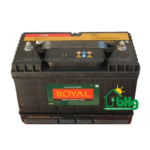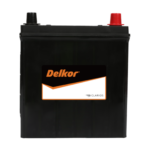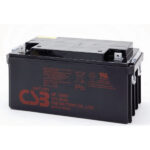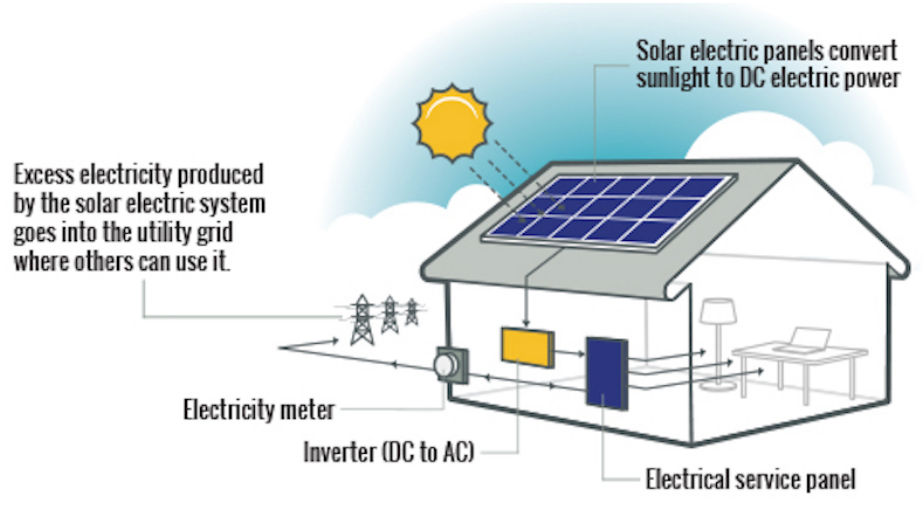
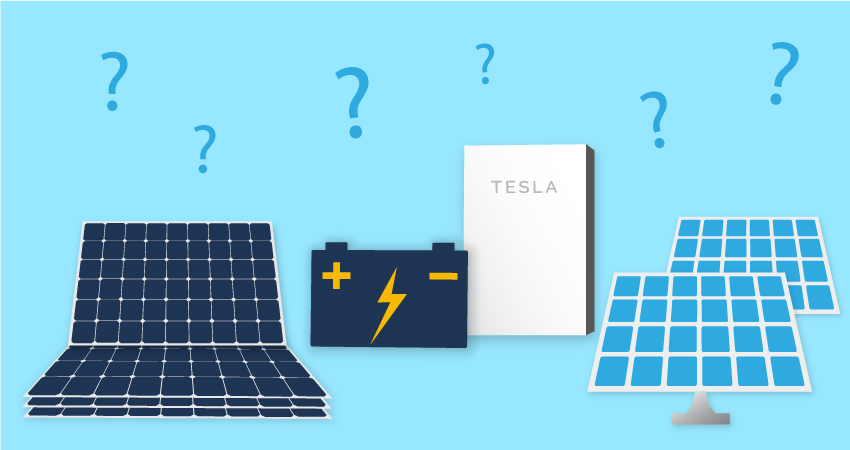
2020 will be a massive year for solar power system installations because net metering laws are still in place in most states. (Net metering gives you retail value for excess electricity your solar energy system produces).
If you have any inkling to install solar panels to reduce your utility bill, then 2020 is the time to do it. This page explains the three different types of solar panel systems, shows you where you can compare these systems, and tells you the websites you can use to find the best deals available.
In short, we will make you an expert on solar in only a few minutes so you can negotiate on an even footing with solar companies to reduce your upfront costs.
What are the different types of solar panel system?
- Grid-connected solar systems;
- Hybrid solar systems; and
- Off-grid solar systems.
What is a grid-tied solar power system?
The most common type of solar energy system for homes are grid-connected (or grid-tied) solar systems. These systems are simply solar panels on your roof and an inverter to convert the DC power made by the solar panels to AC power (the type of power your home uses). The system is connected to the utility company grid through your meter box and a special solar meter.

What is a hybrid solar system?
A hybrid solar system is a grid-tied solar system that also has a solar battery for energy storage. These can give the best of both worlds because you can store excess energy in a battery for backup power during a blackout, or to use during expensive evening peak electricity pricing hours. The advantage of still having the grid connection is that you don’t need to 100% rely on your solar and battery. This means you can have a smaller and cheaper energy storage system compared to the same home that is completely off the public grid system.
However, solar batteries add a lot of the cost to a solar system for home. The leading home solar energy storage system, the Tesla Powerwall has just had a price increase and it is hard to justify the Tesla Powerwall cost where you have access to net metering.
Net metering does economically what a solar battery does physically, allowing you to store the economic value of your excess solar energy (kWh credits) for use at night without the cost of physically storing the electricity. So for 99% of homeowners currently connected to a public grid, a simple grid connect system will be what you want.
Why time-of-use electricity billing may make solar energy storage for solar panels viable?
Time-of-use electricity billing became mandatory for customers of investor-owned utilities in California in 2019. This trend is likely to spread as administrators seek to reduce use of the electricity grid in peak times.
How much will a solar power system cost for my home?
You can find home solar panel and installation cost from us via our website or our social pages.
See how much solar could save you
Where can I compare prices on solar energy systems?
You can compare prices on solar systems on our site.
What is an off-grid solar power system?
As the name suggests, an off-grid solar power system is a solar panel system that is not connected to a public grid. These systems can either power a house where the home is located outside the reach of the grid or it can power things such as boats, caravans, and RVs where mobility is required.
It should be noted that while all solar systems in South Africa can qualify for federal incentive programs like the federal Investment Tax Credit, you’re more likely to get more incentive opportunities, like net metering (allowing you to sell power back to the utility) with a grid-connected system than with an off-grid electric system. This is because most incentives are offered locally through utilities. Local solar installers are the best to talk to see if there are any local city, state or utility incentives available in your area. Most of these incentives are also visible through the solar calculator referred to above.


